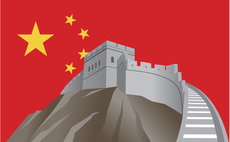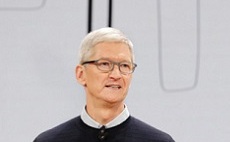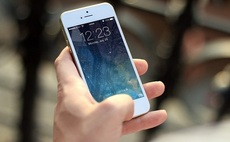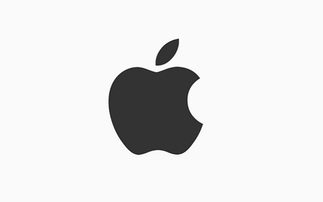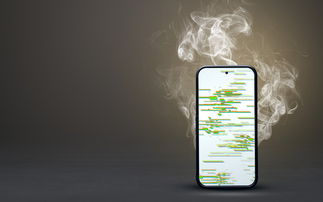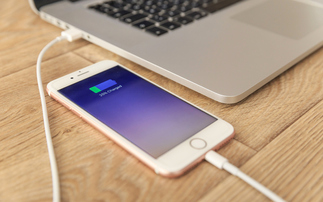Partnership with Microsoft bears fruit but will it be enough to tempt users from Apple and Android?
Phone giant Nokia today launched its first Windows Phone device at its Nokia World Conference in London. The flagship device is the Lumia 800, fitted with a quality 9-megapixel camera with a Car...
To continue reading this article...
Join Computing
- Unlimited access to real-time news, analysis and opinion from the technology industry
- Receive important and breaking news in our daily newsletter
- Be the first to hear about our events and awards programmes
- Join live member only interviews with IT leaders at the ‘IT Lounge’; your chance to ask your burning tech questions and have them answered
- Access to the Computing Delta hub providing market intelligence and research
- Receive our members-only newsletter with exclusive opinion pieces from senior IT Leaders









